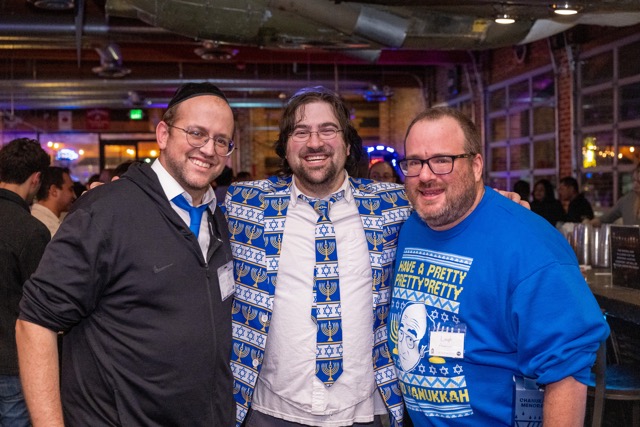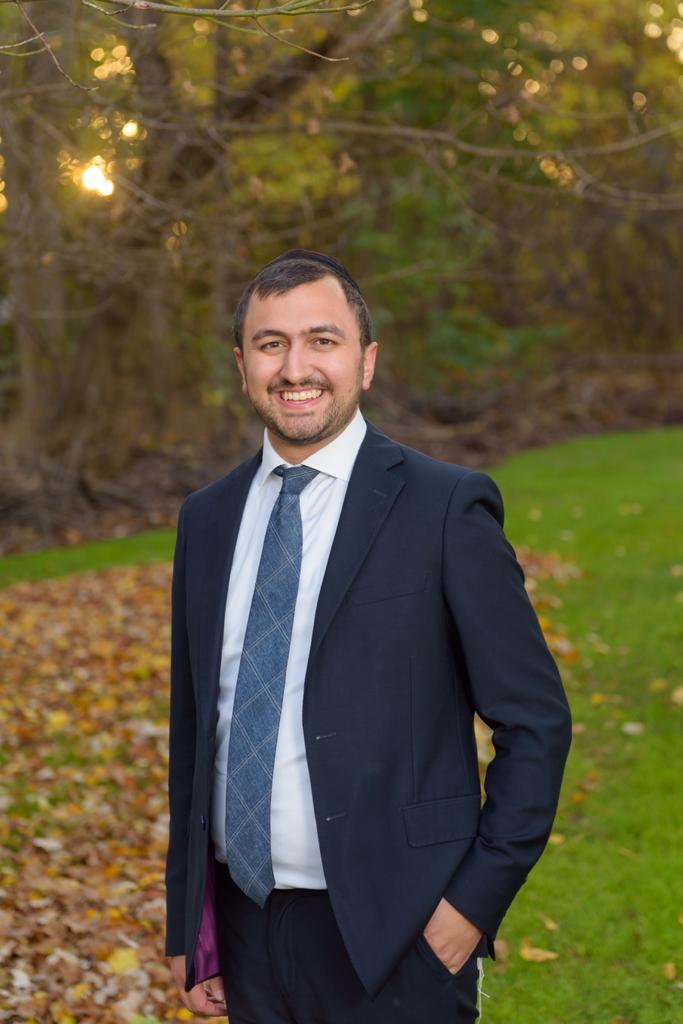By Rabbi Tzvi Alyesh
Humanity, with all its remarkable achievements and intellectual prowess, remains inherently bounded by certain limitations. Even the most brilliant scientists or those who possess double Ivy League degrees in engineering find themselves reliant on professionals like accountants for tax assistance and doctors for medical diagnoses. This interdependence is a prevalent theme throughout the human lifecycle, vividly exemplified when a newborn depends entirely on their parents for sustenance and safety. As the infant matures and evolves, they embark on their unique journey towards success and personal development.
This metaphor resonates deeply with the realm of character development and personal growth. As we traverse our life paths, our evolution into better individuals continues. We aim to become individuals capable of contributing at increasingly higher levels to our communities, workplaces, neighborhoods, and congregations.
A captivating Medrash expounds upon the concept of personal growth and its attainment. It emphasizes that growth commences within our own households, especially during the complex terrain of marriage. In this union, divergent approaches to child-rearing, financial management, and vacation planning often surface. Those who transcend these disparities and foster marital happiness elevate themselves, gaining the ability to mediate optimal outcomes for all parties involved. Armed with this skill, they venture into the world, inspiring and influencing others. A certain form of perfection arises from this self-improvement process, achieved through the crucible of marriage, enabling us to give wholeheartedly and unreservedly, devoid of any trace of frustration.
The stories of our patriarchs and matriarchs, particularly in this week’s Torah portion named after Sarah Ameinu, the first matriarch, offer guidance on achieving such perfection of character. Their examples set the standard to which we aspire. When we assist others, whether through acts of charity, kindness, advice, or undertaking responsibilities beyond our initial agreement, we do so with a seamless willingness. Frustration remains conspicuously absent, not concealed behind a facade but genuinely absent.
Several biblical stories illustrate this ideal. Consider Abraham, our forefather, who, despite the excruciating pain of circumcision at the age of 86, and the challenges of his age, eagerly welcomed three merchants into his home, displaying the utmost hospitality and honor. Similarly, when requested to perform a favor, he exhibited remarkable alacrity, lacking the moment of hesitation or regret that often accompany such commitments.
Another instance, involving the second matriarch, Rebecca, further illuminates this principle. She encountered Abraham’s servant, Eliezer, who had come with ten camels and riders in need of water after a long journey. Despite the availability of ten strong men, Rebecca willingly offered to draw water for them and their camels, an act of extraordinary sincerity and selflessness.
These stories serve as valuable lessons for us. While we may agree to do favors, the key lies in maintaining unwavering commitment and a genuine smile, even when faced with challenges. Our hearts should harbor no resistance or change of sentiment as time passes. Let our interactions with those we have committed to helping be marked by enduring warmth and kindness, for others can perceive and appreciate the consistency of our intent. In doing so, we aspire to master the art of selfless giving.







